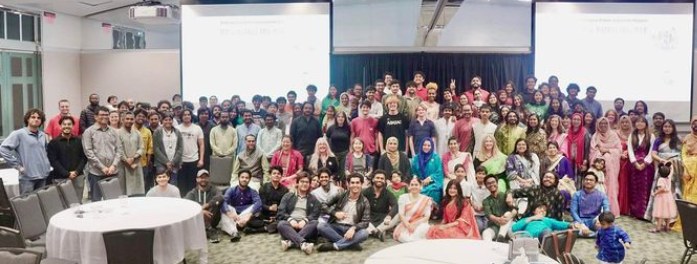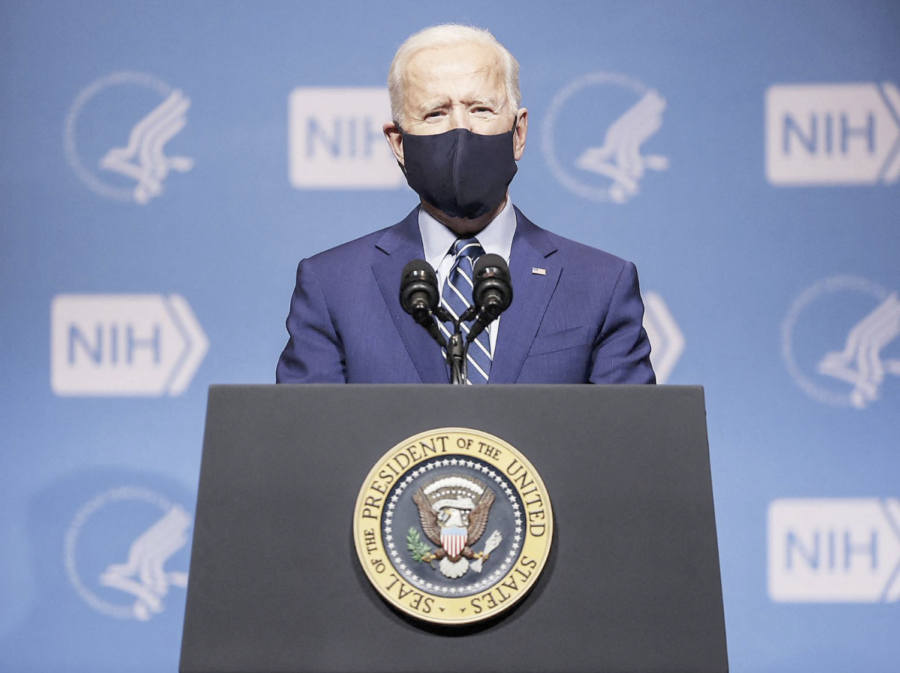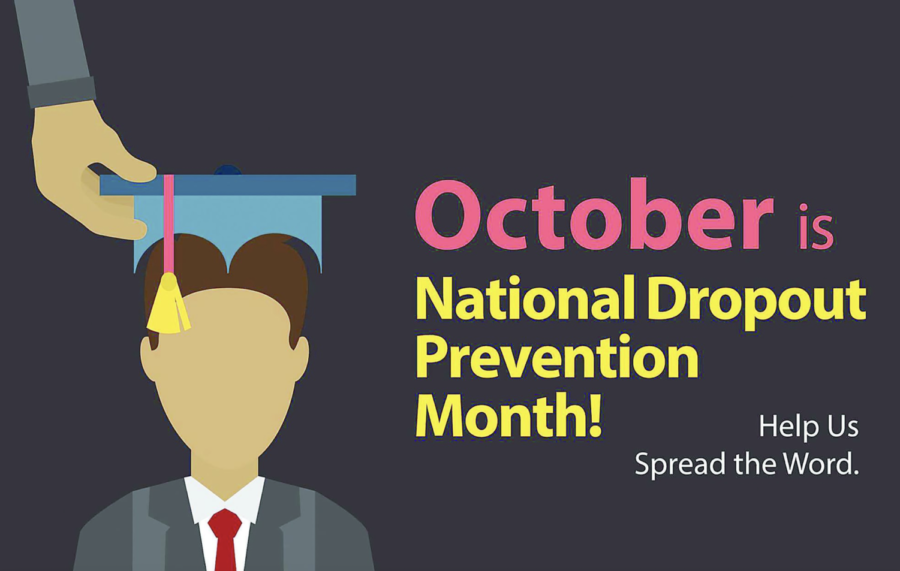Imagine a scenario: a student commits sexual assault, a crime under both state and federal law, and faces his or her consequence. That consequence? To simply to write a 500 word essay.
This scenario, unfortunately, is a common reality. A student from Gustavus Adolphus College in St. Peter, Minnesota was found responsible for sexual assault. The student evaded the necessary punishment and was only required to write a short essay in retribution. But that evasion was only temporary. Last week, students and alumni protested against the small liberal arts school’s lack of action on the situation. However, the student successfully appealed a suspension, which resulted in the reduction of his punishment. The student must also work with a mentor and is suspended from some campus activities.
The school also delayed notifying the student body of the assault, according to the student newspaper The Gustavian Weekly. The university failing to legitimately punish the offender at fault is a major insult and disappointment for the victim. Are the victim and her case not worth fighting for justice? If the university calls this justice, its student body might as well give up on its criminal justice system.
Students were also concerned about why the university still allowed students under investigation for sexual misconduct could still participate in extracurricular activities.
Students from the Womyn’s Awareness Center at the college lobbied against the school’s sexual misconduct policy with a petition calling for sexual misconduct policy reform.
“We are done living in fear,” students said in the petition. Students at an educational institution, there to harmlessly learn, should never have to utter the words “living in fear” nor should they have to actually experience it.
Schools’ lack of action and concern for sexual assault situations recently increases the risk of survivors encountering their attackers on campus. While college campuses are places for fostering quality educational experiences, victims and students should not have to face or be in regular presence of sexual criminals. Less than a third of sexual- assault cases result in expulsion, according to a 2014 review by The Huffington Post.A similar case occurred at Occidental College in 2013, when a student’s punishment for rape was writing a book report and female students at the college filed a federal complaint.
Last year, Columbia University student Emma Sulkowicz carried her mattress around campus for months to illustrate the pain she felt after the university allowed her alleged rapist to remain on campus. Now that it is obvious that students will not have the tolerance to deal with universities’ lack of concern in regards to sexual assault cases, when is the national uprising supposed to happen?
“[USM] is committed to maintaining an educational environment free of sexual harassment,” the university’s Sexual Harassment and Sexual Violence Policy states. “It is the policy of the university that no member of its community shall engage in sexually harassing or sexually violent behavior toward another. Any student or employee who violates this policy is subject to disciplinary action, which may include expulsion from the university or termination of employment. Sexual harassment, including sexually violent behavior, is illegal under both state and federal law.”
You can predict that most other colleges have similar statements, but their actions are what matter. Title IX of the Education Amendments of 1972 prohibits discrimination on the basis of sex and protects students in connection with sexual harassment, discrimination or violence. The university encourages victims and witnesses to report their cases through the university’s process for sexual misconduct or through the criminal justice system. Whatever the process entails, the university takes action when it comes to sexual misconduct. Violators would be suspended, expelled or sent to jail.
According to the FBI, there were an estimated 84,767 forcible rapes reported to law enforcement in 2010. While the national average of sexual assaults has decreased by over 50 percent in the past decade or so, still every two minutes, another American is sexually assaulted.
As prominent as sexual assaults are and considering how much damage they cause victims and their families, schools and police departments should do more than requiring a rapist to write a measly one-page essay. If that continues to be the case, offenders everywhere will be seeing the crime as a just another act, as if it is okay and risking committing the act of sexual harassment is worth it.




































